Community / Economic Development
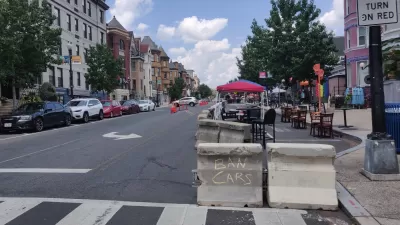
The Slow Streets Reckoning
Slow streets programs provided a quick short-term solution and paved the way for some permanent street closures and realignments. Now, these programs are getting a second look as community groups react to the changes.
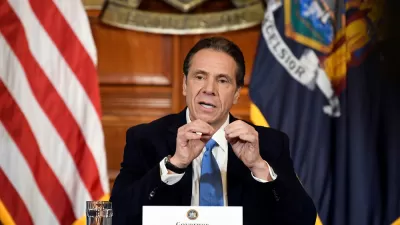
Massive, Expensive Redevelopment of Midtown Manhattan Proposed
New York Governor Cuomo's State of the State speeches last week included an ambitious proposal for a large-scale redevelopment project on Manhattan's west side, adjacent to Penn Station.
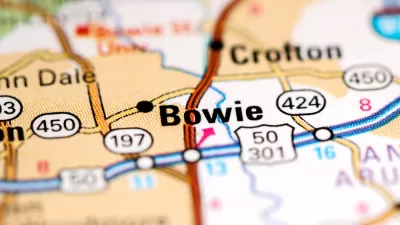
19 of 1,036 Majority-Black ZIP Codes Are 'Prosperous,' Report Says
The Economic Innovation Group has released its 2020 Distressed Communities Index.
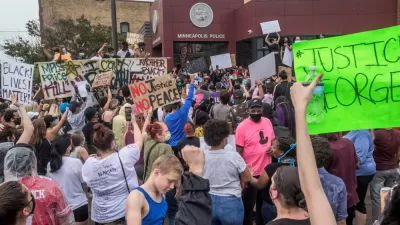
Shifting the Fair Housing Narrative
The nation's fair housing policies are built on a foundation of assumptions that neglects the community and culture of low-income neighborhoods.

Chicago DOT Strategic Plan Update Centers Mobility Justice
The city, which has been slow to implement complete streets initiatives during the pandemic, promises closer collaboration with community groups to advance equity in transportation.

Public Gardens as Places of Hope and Healing
Descanso Gardens in Los Angeles County offered the "Wishing Tree" for visitors to share their wishes and hopes for 2021. The public response was overwhelming, with over 10,000 notes hung on the tree in a matter of weeks.
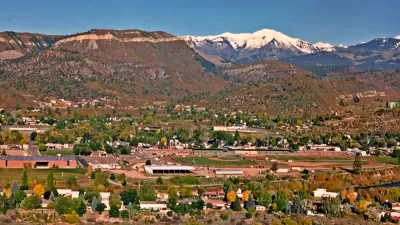
How Working From Home Is Changing Where We Live
Remote workers are flocking to small, amenity-rich towns in the West, changing their social and economic landscape.
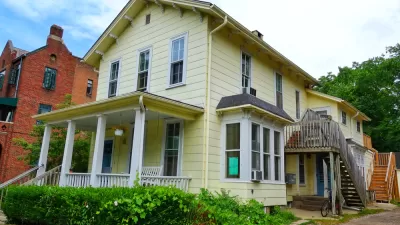
More Cities Legalizing 'Granny Flats'
Accessory Dwelling Units continue to gain steam as one approach for increasing affordability, but experts caution that housing affordability requires broader solutions.
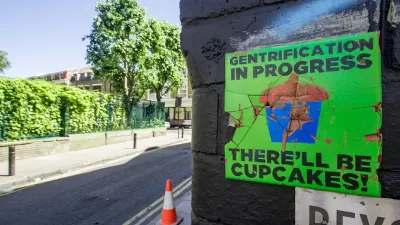
What Is Gentrification?
Gentrification is a process of neighborhood change, usually resulting from an influx of relatively wealthy, white residents to a neighborhood. But that definition, and the controversies that follow, vary greatly by location, and there is no universally accepted definition of the term.
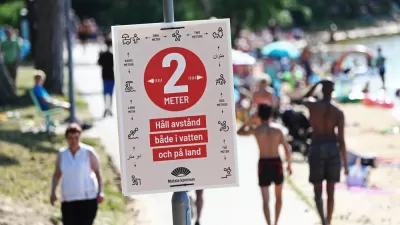
Pandemic Update: Sea Change in Sweden
The European outlier of Sweden was embraced by American conservatives as an example of a government relying not on heavy-handed business and social restrictions but voluntary compliance by individuals to reduce viral spread. No longer.

City of Compton Introduces Two-Year Guaranteed Income Pilot
Proponents of universal basic income and general income programs say direct cash payments to low-income residents would reduce inequality and alleviate poverty.
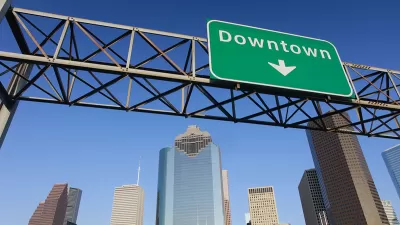
Fifth Ward Residents Oppose Houston's Interstate Expansion
The downtown freeway expansion will displace thousands of housed and unhoused residents and hundreds of small businesses.
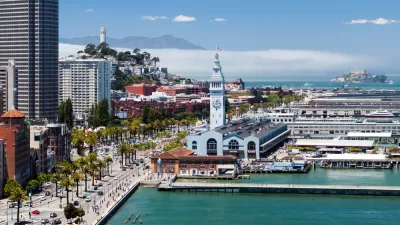
Economic Justice Includes Highway Removals
A $435 billion "economic justice" bill proposed by Democrats in the U.S. Senate includes $10 billion for projects that remove highways and build community-oriented assets in their place.
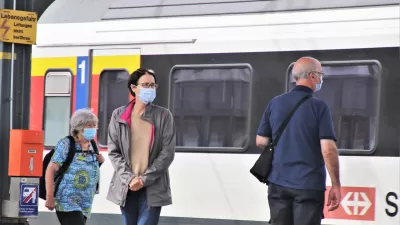
Transportation Equity Lessons from the Pandemic
Almost a year into the devastating effects of the COVID-19 pandemic, the Urban Institute assesses what we've learned about transportation equity—and what these lessons mean for the future.
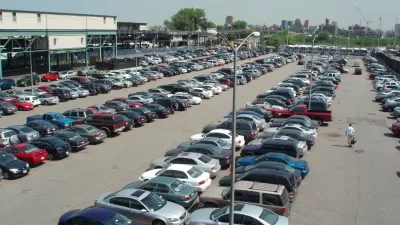
Is the Era of Over-Parking Over?
Cities like Vancouver are rethinking parking minimums as they try to meet climate goals, reduce traffic, and reallocate street space to other modes.
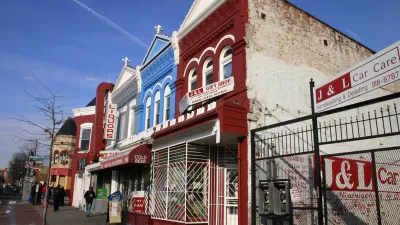
Is Anti-Growth the Wrong Approach to Fighting Gentrification?
Limiting development has been a powerful tool for anti-gentrification activists, but have these policies had counter-productive effects?

Small Towns Provide Fertile Ground for Smart Urbanism
One Virginia town's complete streets transformation shows promise for active transportation interventions in small communities.
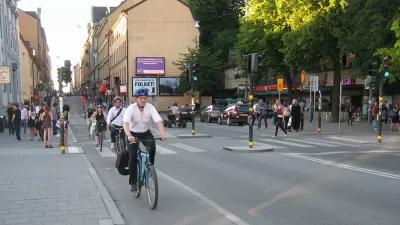
Sweden's 'One-Minute City' Reimagines the Street at a Hyper-Local Level
Rather than trying to meet all of a community's needs within a one-minute radius, Sweden's Street Moves pilot program gives residents the power to decide how street space gets used.

The Blue Beltway
Ronald Brownstein, a senior editor at The Atlantic, coins a new political-geographic term in the wake of the Georgia U.S. Senate runoff elections to describe a shift in the political alignment of nearly all large metropolitan areas in the nation.

Report Highlights the Need for Local Governance in Baltimore Transit
The unique structure of the Maryland Transit Administration leaves local stakeholders out of decision-making.
Pagination
Urban Design for Planners 1: Software Tools
This six-course series explores essential urban design concepts using open source software and equips planners with the tools they need to participate fully in the urban design process.
Planning for Universal Design
Learn the tools for implementing Universal Design in planning regulations.
New York City School Construction Authority
Village of Glen Ellyn
Central Transportation Planning Staff/Boston Region MPO
Chaddick Institute at DePaul University
Institute for Housing and Urban Development Studies (IHS)
City of Grandview
Regional Transportation Commission of Southern Nevada
Toledo-Lucas County Plan Commissions


































